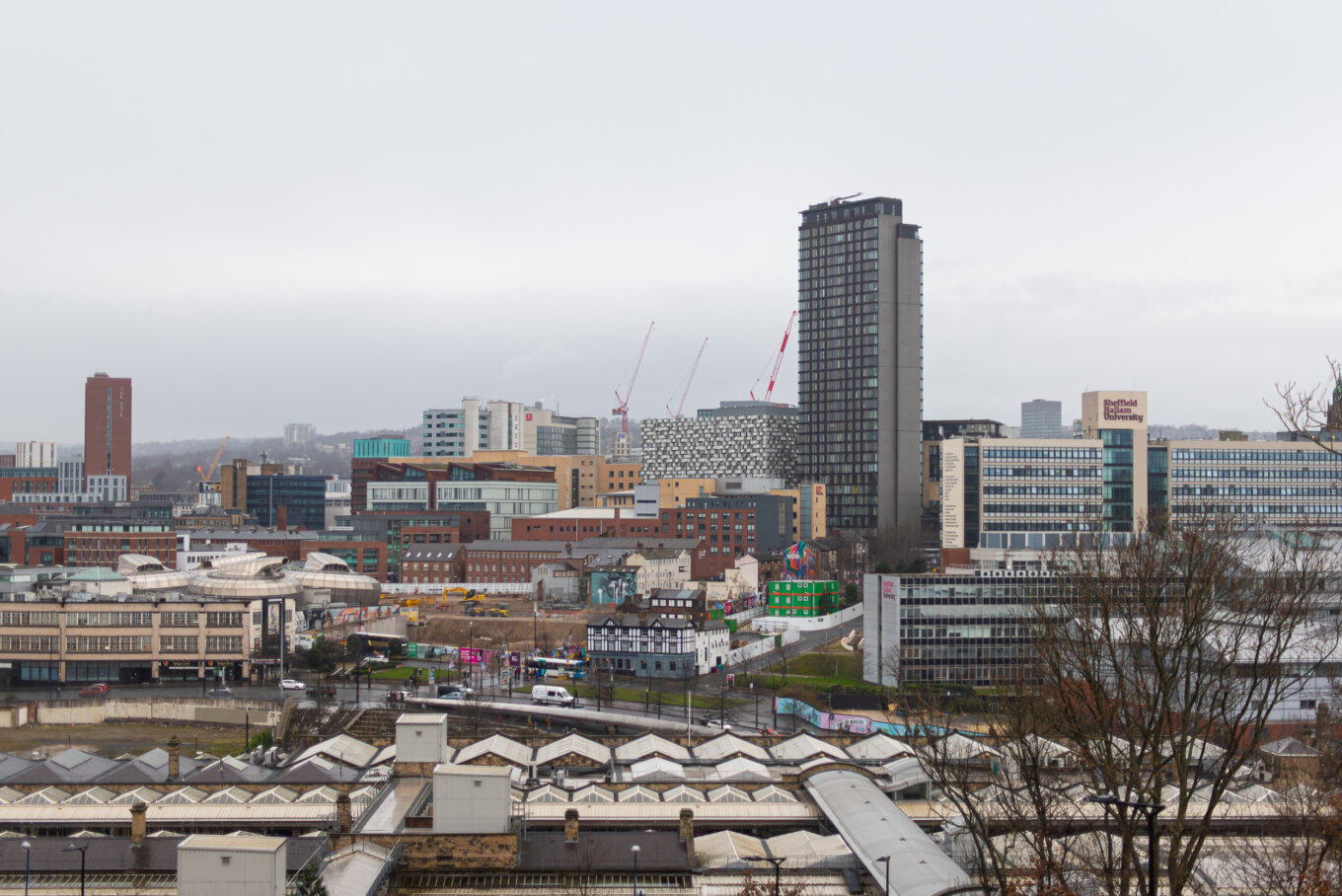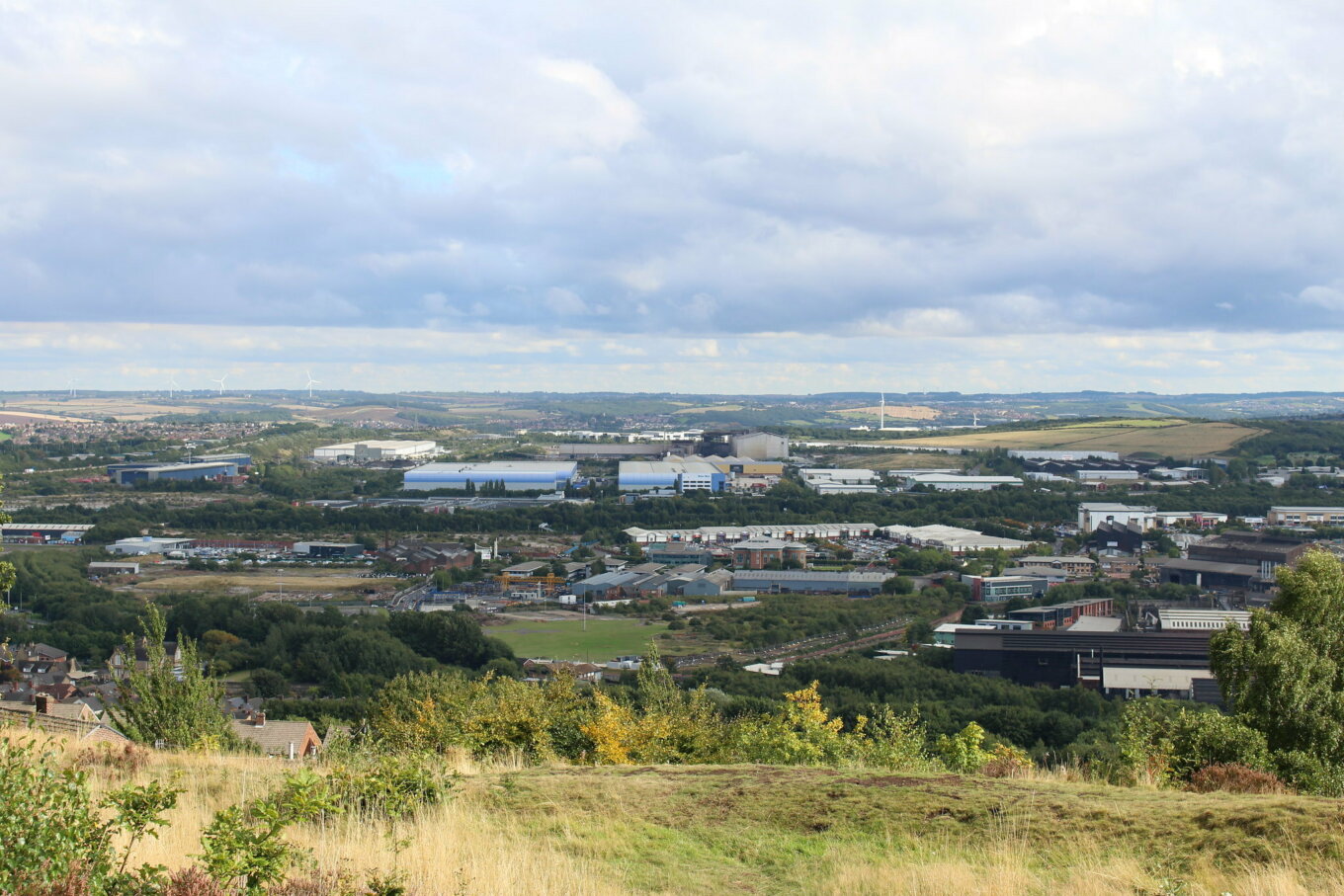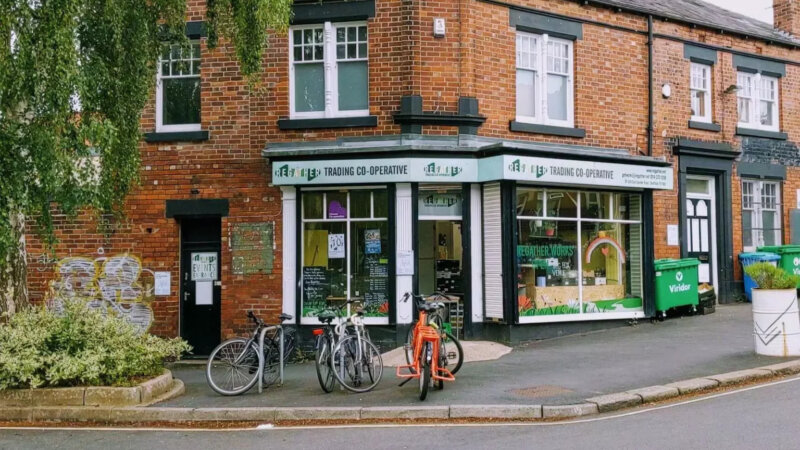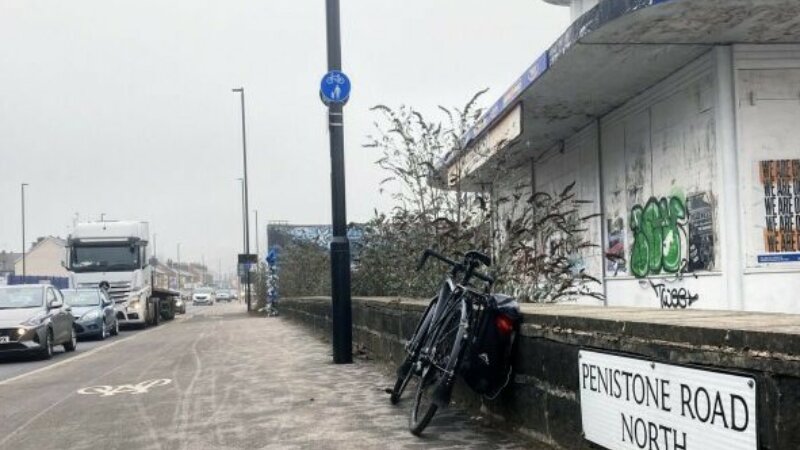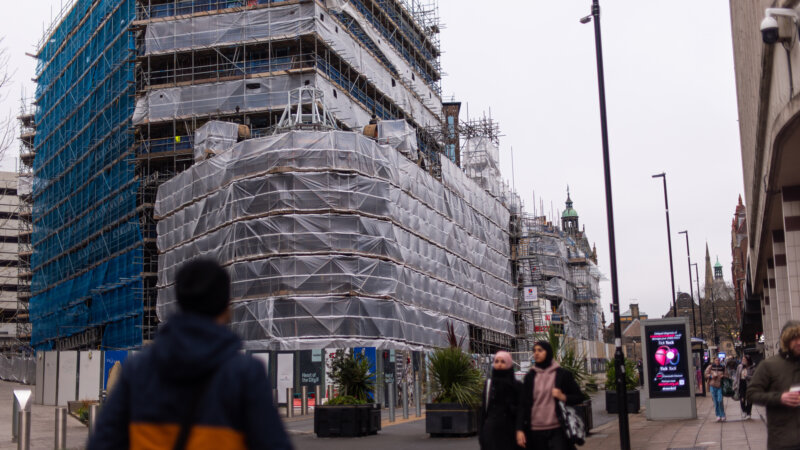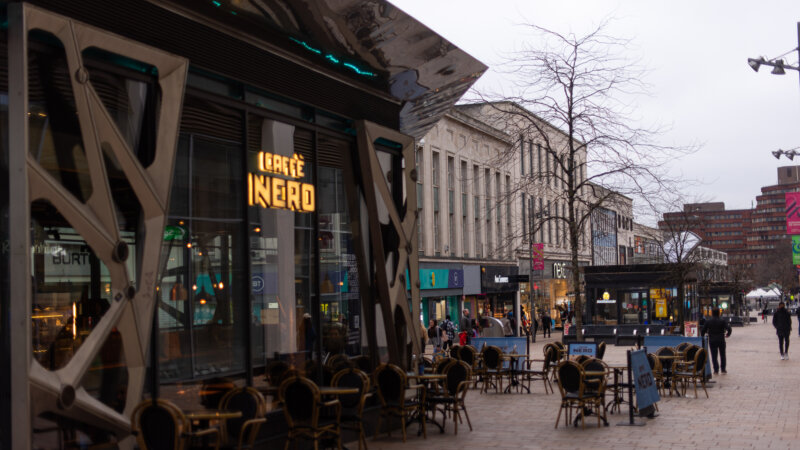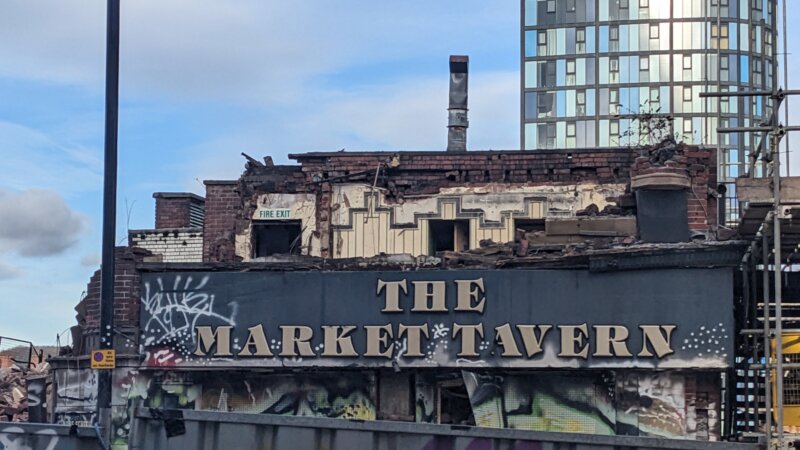“If you’re poorly, you actually need localised care”: GP surgery closures in Sheffield
The opportunity to spend £37 million on GP practices in Sheffield sounds appealing, but many people are wary of closing 15 GP surgeries, several in deprived areas.
Sheffield’s Clinical Commissioning Group (CCG) has announced proposals to close 15 GP surgeries in Sheffield, replacing them with five “hubs”, thanks to £37 million in funding, part of a £1 billion boost to NHS capital spending by the government. However, some fear the change will jeopardise access to individualised healthcare.
Councillor Abtisam Mohamed, Labour councillor for Firth Park, told Now Then that the benefit of local GP surgeries “is accessibility, it’s got to be the key issue. And being able to have that personalised care.
“And this is not about catching a bus to do your shopping or to go and access your bank. If you’re poorly, you actually need localised care, you need to be able to go and see your GP who’s in walking distance.”
The decision-making process so far has frustrated Cllr Mohamed, who told me that she only received “a very lengthy document to go through” the night before the scrutiny meeting in which it would be discussed. In addition, she wishes she, as a local councillor, as well as local people, had been consulted when this document was being put together.
"They [the CCG] were telling us that they were going to be talking to local GP surgeries, and they would come back to us with something that was more specific that they could then take forward, but that feedback to elected members never happened. So at the meeting, we expressed our disappointment and said that we weren’t happy that, in effect, we’ve not been involved in the shaping of the decision."
The CCG told Now Then that “the plan was shared with the Scrutiny Board the day before the meeting due to ongoing edits to the plan and paper. We accept this wasn’t ideal and we would have preferred to share it much further in advance but it reflects the evolving nature of the programme and we wanted to make sure the board had the most up to date and correct information.”
On why the councillor and others were not consulted, they added that “The paper was not seeking input on the proposals but on the consultation plan which is scheduled for later this year after council elections.”
In putting forward these proposals, the CCG is keen to highlight that GP surgeries will not be obliged to close, and that there would be “many benefits of moving into the new health centres.
It would improve health facilities for local people and tackle health inequalities in the city. Practices would have more space to attract and employ more staff. The building would be carbon neutral, using less energy at a lower cost. Buildings would have better ventilation reducing risk of infection. They would also be more accessible with better lighting and level access meaning they would be dementia-friendly and better for people with visual impairment and other disabilities.
A wider range of services and community support such as debt advice are also cited by the CCG as advantages to this scheme, but Councillor Mohamed is sceptical.
Some of the decisions that have been made, it actually doesn’t make logical sense. It just feels like people are sat in an office and have just plucked something out of a map and decided that central space is the most effective, because for a couple of the surgeries, it means patients catching several buses and then walking up to 15 to 20 minutes… after you’ve caught two buses to get to the surgery!
So they’ve not thought that through. And that’s a lack of understanding of the area, a lack of understanding of the transport issues there. So for patients, ultimately, it is about accessibility and being able to have good quality care and also being able to see the GP. And there’s no guarantees that just by being in a bigger place with more facilities means that you’re going to be able to see your GP any quicker. And we’ve asked for the evidence to confirm that that’s going to be the case; that hasn’t been received.
Which practices are affected?
- Clover City Practice
- The Mulberry Practice
- Pitsmoor Surgery
- Burngreave Surgery
- Cornerstone Surgery
- Sheffield Medical Centre
- Herries Road Surgery
- Page Hall Medical Centre
- Upwell Street Surgery
- Shiregreen Medical Centre
- Elm Lane Surgery
- Firth Park Surgery
- Dunninc Road Surgery
- Norwood Medical Centre
- The Health Care Surgery
- Buchanan Road Surgery
- Southey Green Medical Centre
- Melrose Surgery
- Margetson Surgery
The planned sites for the replacement GP surgeries are not yet decided, but the CCG has identified “preferred” places for the new practices to be located.
Why the north east?
The location of some of these surgeries has not gone unnoticed by Councillor Mohamed, who told me that “the north east is the most deprived part of the city”.
The CCG explained to Now Then that the “proposals originally came from GP practices working together in local networks. […] These parts of the city haven’t benefited from new funding for developing GP buildings for many years, so many practice sites are in converted properties that are not able to be developed to offer what they need. The proposed locations are in some of the most deprived areas of the city and where people have the greatest health needs. We want to invest in these areas and this £37m will enable us to improve the health of local people."
Healthwatch Sheffield, a local independent organisation that works to involve people in how health and care services are designed and run, told Now Then that “Primary care is in need of investment. We hear all the time from both patients and staff about the challenges they are experiencing; in many instances, surgeries simply aren’t able to provide the care that people need, which is a significant concern. In this context, it makes sense to explore the possibilities which come from the availability of this large pot of money, which is a rare opportunity for investment in the city.
“However the picture is complex, and whilst the proposals offer potential improvements in some areas (better designed, modern facilities and a greater range of services) clearly there are ways in which some people may be disadvantaged (e.g. through having to travel further, loss of smaller, familiar premises). And they are likely to disadvantage some groups of people more than others - for example people with limited mobility, and people on a low income.
“Our concern is that the development of these plans has been very top down; they have not started with patients and the public who are only now being asked their view within a tight timescale, with the plans already advanced. We recognise that this is partly linked to the constraints of the funding, which has to be spent in a certain way, but it is vital now that we give people a chance to hear about the potential pros and cons of these proposals, give their views, and that those views are properly listened to before decisions are made about how (or if) these plans are progressed.”
Have your say
While the CCG was unable to consult on the proposals during the initial phase “due to restrictions by NHS England and the Treasury”, they are now in an “engagement period” and seeking people’s thoughts on the potential locations of the new GP hubs and the services they should offer. The CCG is asking people to not contact their busy GP practices directly, but rather to contribute to the discussion in the following ways:
You can have your say by filling in this online survey. If you prefer you can also speak to someone at SOAR Community on 0114 213 4065, Firvale Community Hub on 0114 261 9130 or Shipshape on 0114 250 0222. A public consultation will follow later this year.


